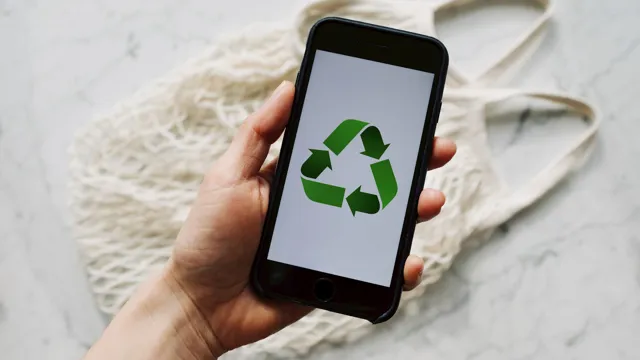By Maggie Jordan, NSHSS Collegiate Council
As a kid, I remember hearing the Reduce, Reuse, Recycle song on PBS quite often--a phrase that was often repeated in my household as a way of ingraining sustainability into my family. While back then I was too young to really understand why we were doing these things, as I grew older I learned more about what sustainability really is, and why it matters so much. As this handout from the University of North Texas illustrates in the context of college campus life, being conscientious about how your actions impact the growth, air and water quality, and public health of your community. Unfortunately, sustainability hasn’t been at the forefront of global issues until recently, and it has grown into a global issue. Here are the top ten ways that you can practice stronger sustainability right now.
1. Shut off the water while brushing your teeth, shaving, etc.
Clean water is an essential resource, and yet is unavailable to thousands of communities across the world. As such, it’s vital to conserve the finite supply of clean water available, and use it responsibly.
2. Re-use your water glasses, and choose reusable water bottles over plastic bottles when you can.
A single plastic bottle can take up to four hundred years to decompose, with some taking even more than that. With approximately eight million metric tons making its way into the oceans every year, all of that plastic is a huge problem. While one bottle might not seem like a lot to you, the average person uses one hundred and sixty-seven bottles each year--which adds up rather quickly. In addition, before each plastic bottle makes its way into your home, it can take up to two thousand times the energy required to fill that same bottle from your tap water.
3. Shop local.
As Sustainable Connections notes, “when we buy from independent, locally owned businesses, rather than national chains, a significantly greater portion of our money is then cycled back through our local economy—to make purchases from our friends’ businesses, to aid our neighbors in need, and to support our local farms—ultimately strengthening the base of our whole community.” In addition, buying local decreases environmental impact by approximately twenty six percent, reducing emissions from transportation.
4. Open your windows instead of turning on the lights.
By using natural light sources when possible, you can easily decrease the amount of energy you use each day. In addition, light pollution can affect wildlife such as sea turtles, confusing their ability to navigate to the water.
5. Check out upscale thrift shops when you are searching for a change of closet/fashion.
Some studies show that increasing the lifespan of clothing by just three months can reduce the carbon, water, and waste footprint between five and ten percent. By shopping more sustainably, you can decrease that footprint rather quickly--three to five percent per clothing item adds up! Plus, you can find some pretty cool items on massive sales. Happy thrifting!
6. Choose email/electronic receipts at checkout when possible.
Electronic copies are more and more common so this should be an easy choice!
7. Save your scrap paper and use the back to write notes, grocery lists, etc.
Every little bit helps!
8. Buy large bottles of shampoo, etc.
When possible, it will save plastic/packaging (as opposed to smaller bottles more often). In addition, this often ends up being cheaper since you don’t have to pay the extra price for packaging as often!
9. Utilize (free!) search engines like Ecosia and plugins such as TreeClicks
These platforms use their profits to plant trees, contribute to environmentally-focused organizations, and more. Perhaps one of the easiest tips on this list, these plugins, and other software help the environment by doing things you already do; shopping or searching the web!
10. Recycle old electronics by donating them to e-waste recycling programs.
Yes, even your old cell phone can be recycled.
Check out more ways to practice sustainability on the NSHSS Good Earth Sustainability resource page!
More information (& sources!)
https://theminimalistvegan.com/live-a-more-sustainable-lifestyle/
https://zerowastememoirs.com/simple-sustainable-living-tips/
https://flygrn.com/blog/sustainable-living-tips
https://www.h2ouse.net/why-save-water/
